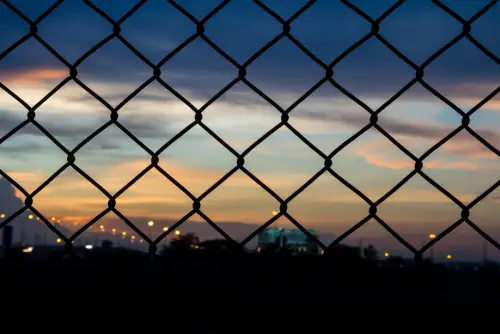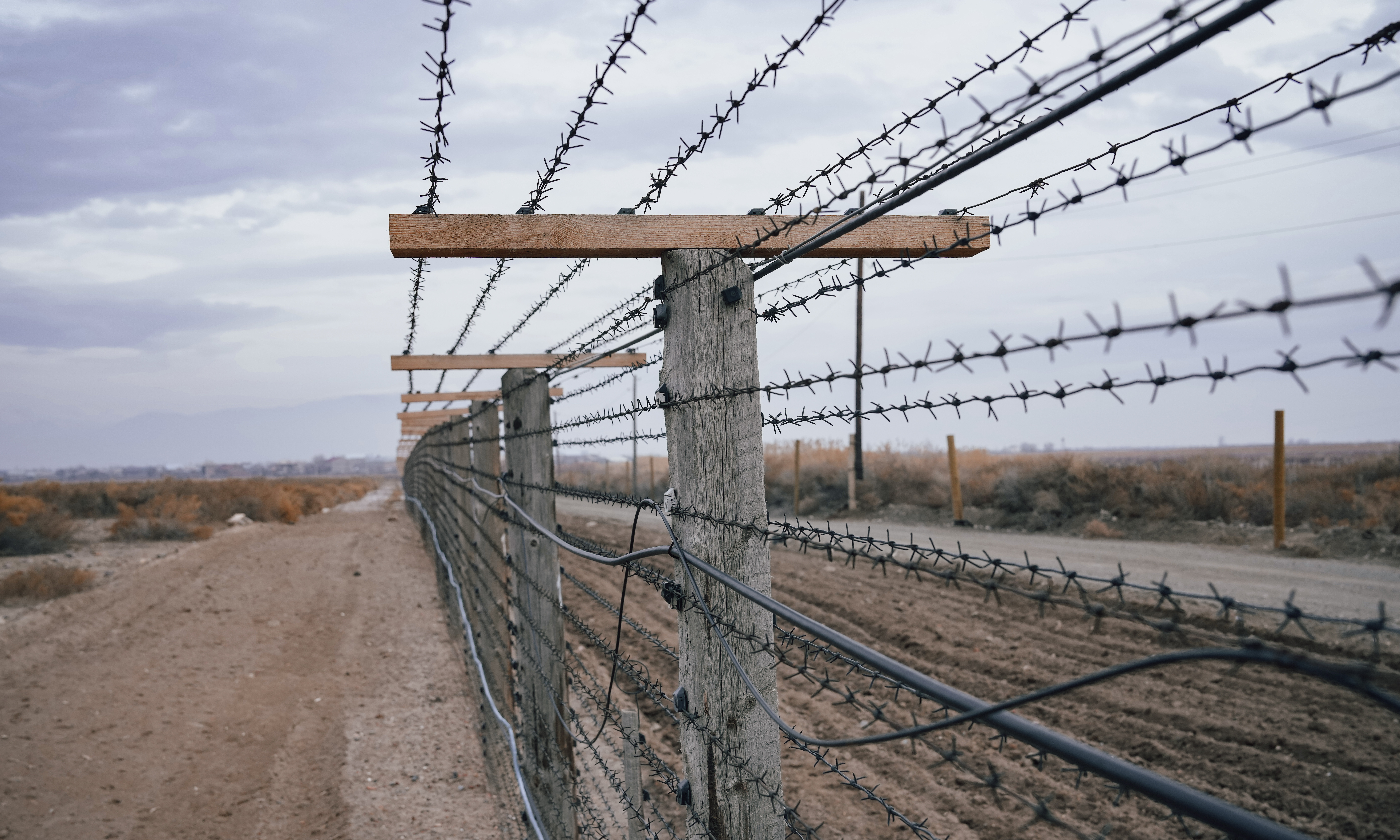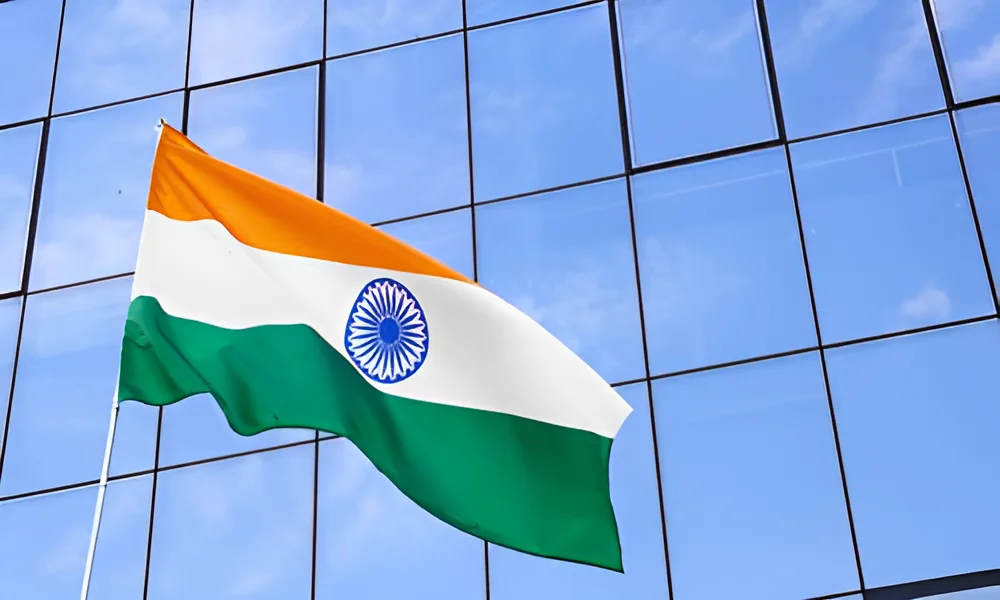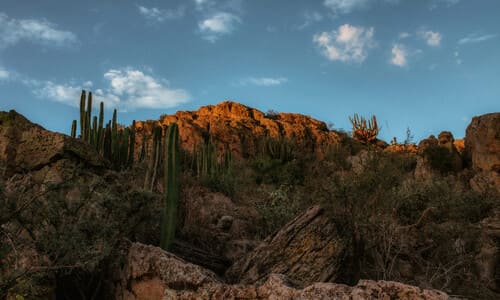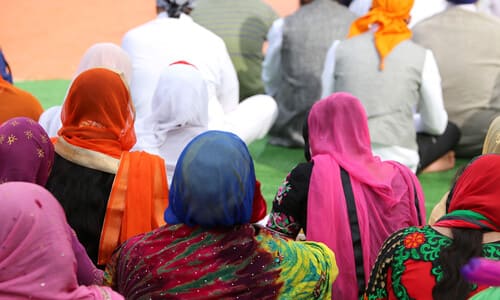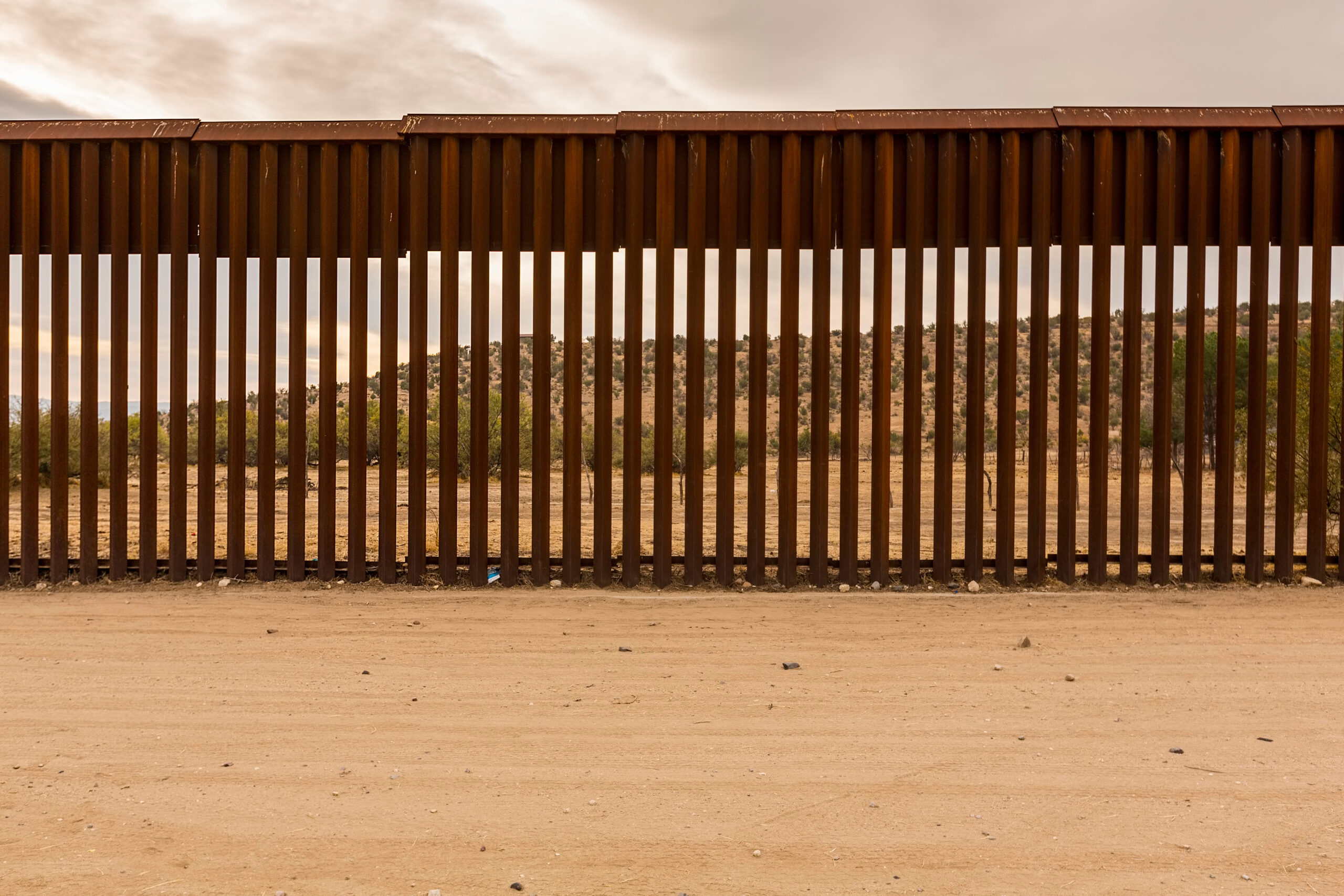 In October 2022, it was reported that 16,290 Indian citizens had been taken into U.S. custody at the Mexican border. The previous high was recorded in 2018 and only reached 8,997.
In October 2022, it was reported that 16,290 Indian citizens had been taken into U.S. custody at the Mexican border. The previous high was recorded in 2018 and only reached 8,997.
Now, with that number nearly doubled, it’s natural to wonder why a sudden surge in Indian migrants entering the country along this harrowed access point.
Most experts will point to a dramatic increase in the amount of discrimination in India. Now, in the Bharatiya Janata Party-ruled India, which highly favors higher-caste and Hindu citizens, Sikh, Christian, and individuals from other religions have faced heightened persecution. Others, like India’s LGBT community, face heightened threats of violence, while growing unrest among supporters of the secessionist movement and farmers from the Punjab region are also fanning the flames.
Couple this with recent changes to pandemic-era restrictions, and it’s easy to see why entry across the US-Mexico border is spiking.
Who Can Seek Asylum in the United States?
Asylum allows protections for those who can prove they have suffered persecution (or have a credible fear of harm) based on their race, religion, nationality, political opinion, or membership in a particular social group.
So, with tensions rising in India, it’s natural that more and more migrants would consider fleeing to the United States. Nevertheless, with traditional routes into the country backlogged by green card caps and stagnant asylum applications, immigrants are now having to undergo much, much more dangerous routes into the country.
How Are Migrants Entering the United States?
Without a clear, legal way to enter the country, individuals are often forced to flee persecution through dangerous “door-to-door” smuggling services.
There, journeys are often arranged right from India to South America, with the last leg outsourced to ‘partner criminal groups in Latin America.’
Manpreet, a 20-year-old from Punjab, was forced to flee the country after vocally criticizing India’s ruling party. He outlines his journey, explaining, “From Ecuador, I took a bus to Colombia, and from Colombia, I took a bus to Panama. . . From there, via a boat, I (went to) Nicaragua and Guatemala, and then Mexico and entered the US.”
Even with the help of a guide, travelers are often exposed to violence, rape, and robbery. Others have perished from the pressures of the fierce environment that lines the border, like six-year-old Gurupreet Kaur, who died of heat stroke in the remote Arizona desert. Kaur had traveled with her mother to join her father in New York, where his asylum application had remained untouched for over six years.
When her mother left to try to find water, Kaur was left with another eight-year-old girl and her mother, who were hospitalized for dehydration shortly after Kaur’s remains were found.
Is There a Path Forward for Asylum Seekers?
Deepak Ahluwalia, an immigration lawyer who has represented Indian nationals in Texas and California, has emphasized that no family is going to take this journey lightly. “While some migrants are coming to the US for economic reasons, many are fleeing persecution back home,” he said.
He emphasizes that “Immigrants often see the US as “the ultimate gateway” to a better life” and have been forced by waning legal options to attempt the dangerous journey into the country at the border.
If you or a loved one has faced any discrimination or challenges in regard to your admission into the United States, your treatment at the border, or the treatment of a family member currently being held in a U.S. facility, do not hesitate to reach out to Singh Ahluwalia Attorneys at Law. We are available to assist, and we are dedicated to fighting for your right to live your life free from persecution.
Call (559) 878-4958 or contact us online to schedule your confidential case review with no obligation.
